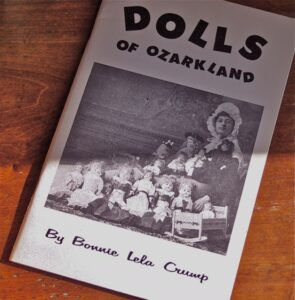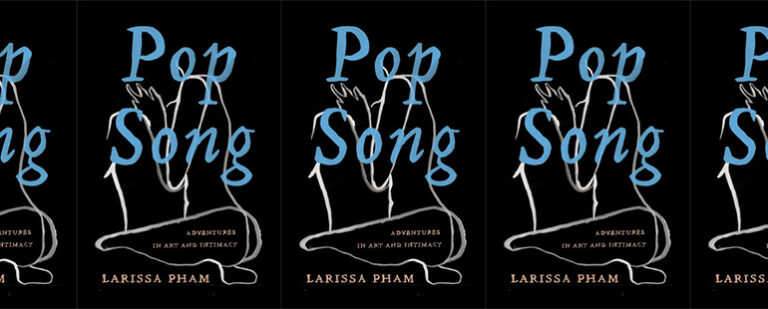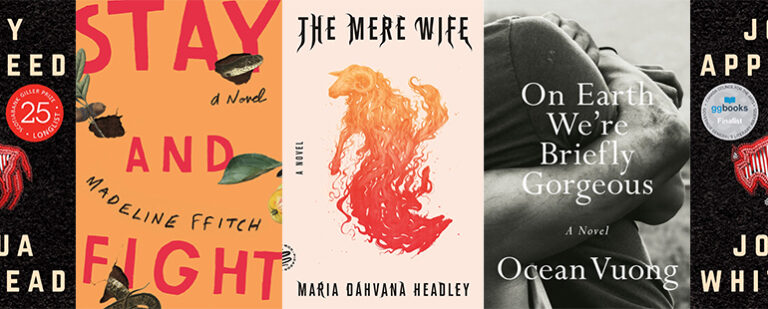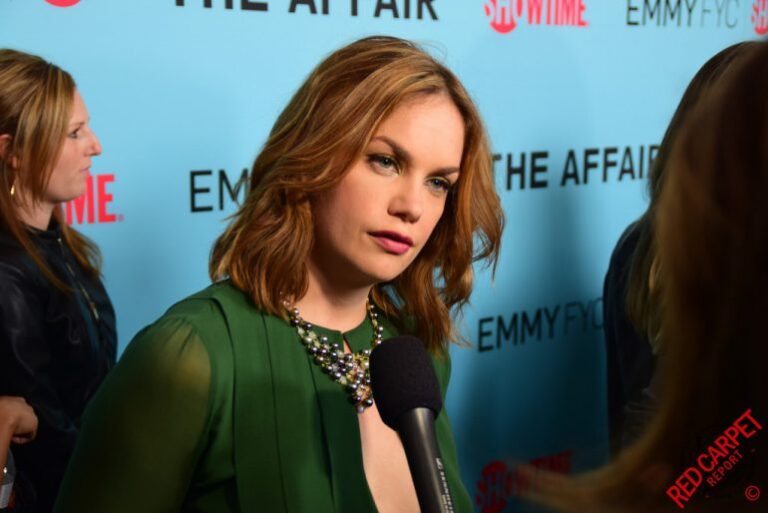The Shelf-Space Dilemma: Which Books Stay? Which Go?
We lit-loving folk tend to accumulate an overwhelming number of books.
Even if you’re a diehard eBook reader, audiobook listener, or library borrower, chances are you’ll still find yourself receiving the odd hard copy as a gift, or springing for an exciting new release or two at a local author signing.
Next thing you know, you’re running out of shelf space. So how do you decide which books to keep and which to give away?
I’ve been surveying own collection lately, searching for a pain-free but expedient means of thinning the rapidly multiplying herd. I’ve got to admit the situation’s spinning out of control.
Books perch in wobbly stacks on my nightstand and have taken roost on top of my filing cabinet. Not even my six, 6-foot industrial metal bookcases can contain them; I’ve already resorted to shelving yards of books in spine-obscuring, dust-trapping double rows.
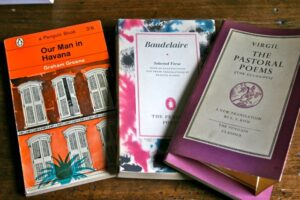
There are yellowing, dog-eared texts from college coursework, beloved novels that once belonged to my late mother, quirky editions I picked up back when I worked for a used bookseller, and memory-laden ones from my years as a book reviewer and literary publicist. There are crisp, new story collections and memoirs, snapped up at AWP and bookstore events, and lavishly illustrated orphans rescued from garage sales and library discard piles. Oh, and then there are my husband’s books….
Until we get that mansion with 12-foot ceilings, acres of built-in shelving, and a rolling library ladder to reach it all, I’m afraid it’s time to divest of some of these darlings. But where to begin?
A TAXONOMY OF TITLES
To help me get a better grip on this project, I’ve broken down my home library into a few broad groups.
The True-Blue, Indisputable Keepers:
- Books I’ve had since I was a kid. These are the ones that have withstood countless household moves, cullings, and reorganizations. They’re the “familiar faces” I’m used to seeing on my shelves and would feel bereft without. These include: Treasure Island, The Phantom Tollbooth, and fairy tale collections my grandmother sent me as birthday gifts.
The Giveaway Pile:
- Obsolete reference books. These are the least painful to part with—especially in the Internet age. My list includes outdated atlases, travel books, and restaurant guides. Duplicate dictionaries can go too. Political books from past election cycles and 5-year-old technology books are on my husband’s discard list.
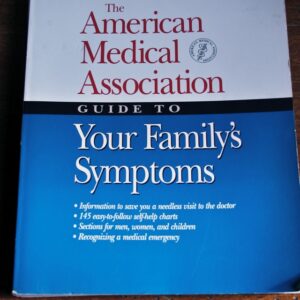
Everything Else:
This is where the real decisions get made. Do I really need all those old works of classic literature from my college English classes? If I’m honest with myself, what are the chances of my reading them again?
What about tattered, old novels I inherited from my mother? Do I need to keep all of them? Or is it enough to hang on to just a favorite few?
Here I think it’s best to use the “special edition” test. Is the book of any particular value to me as a physical object (for example, is it leather-bound, or a first edition, or one of those adorable old Penguins with the matching dust jacket?). Or is it something utilitarian, and easily replaced or borrowed from the library?
A Plan for the Future:
As much as I love good old-fashioned ink-and-paper books, I’m going to be more selective going forward. Books with a built-in expiration date, such as travel guides and accounts of current events, are probably best borrowed or acquired in electronic form.
But I’ve got to say, I’m mostly unrepentant: I know I’ll still scoop up a few too many books at AWP and at bookstore signings, even though I know some of them will inevitably go unread.
My library will keep evolving—expanding and contracting—with all the mess and periodic maintenance that entails.
For me, it’s all just part of the fun.
Readers, now we want to hear from you. How do you manage your own home library? How do you decide what comes in and what goes out?
